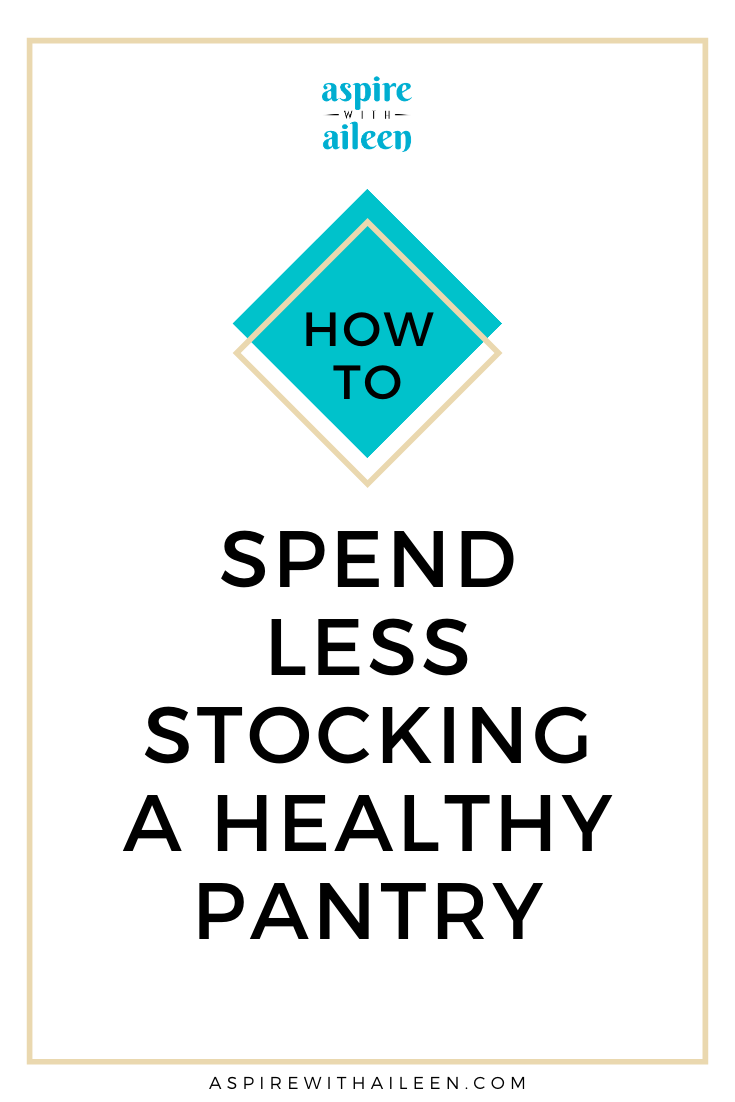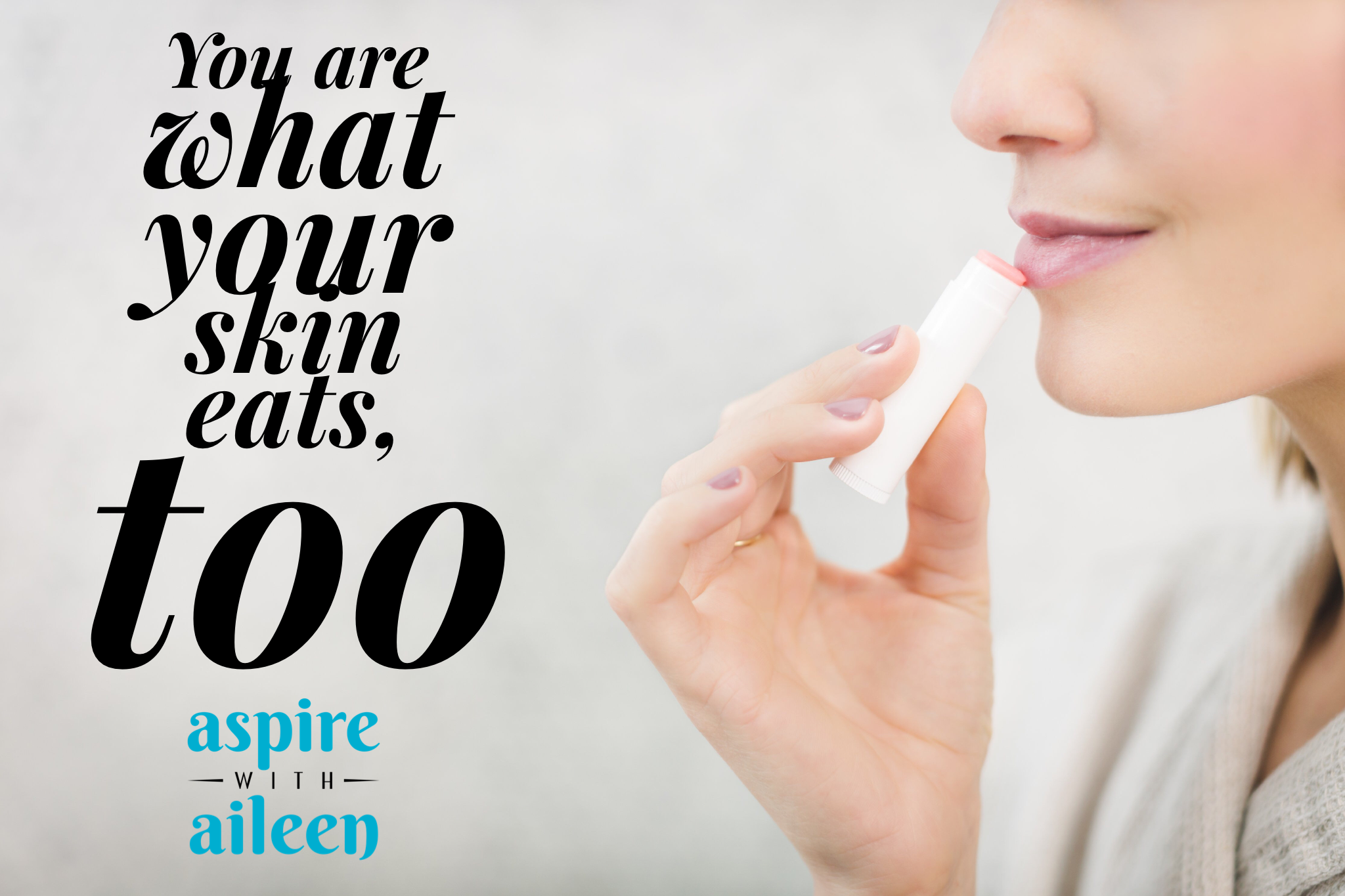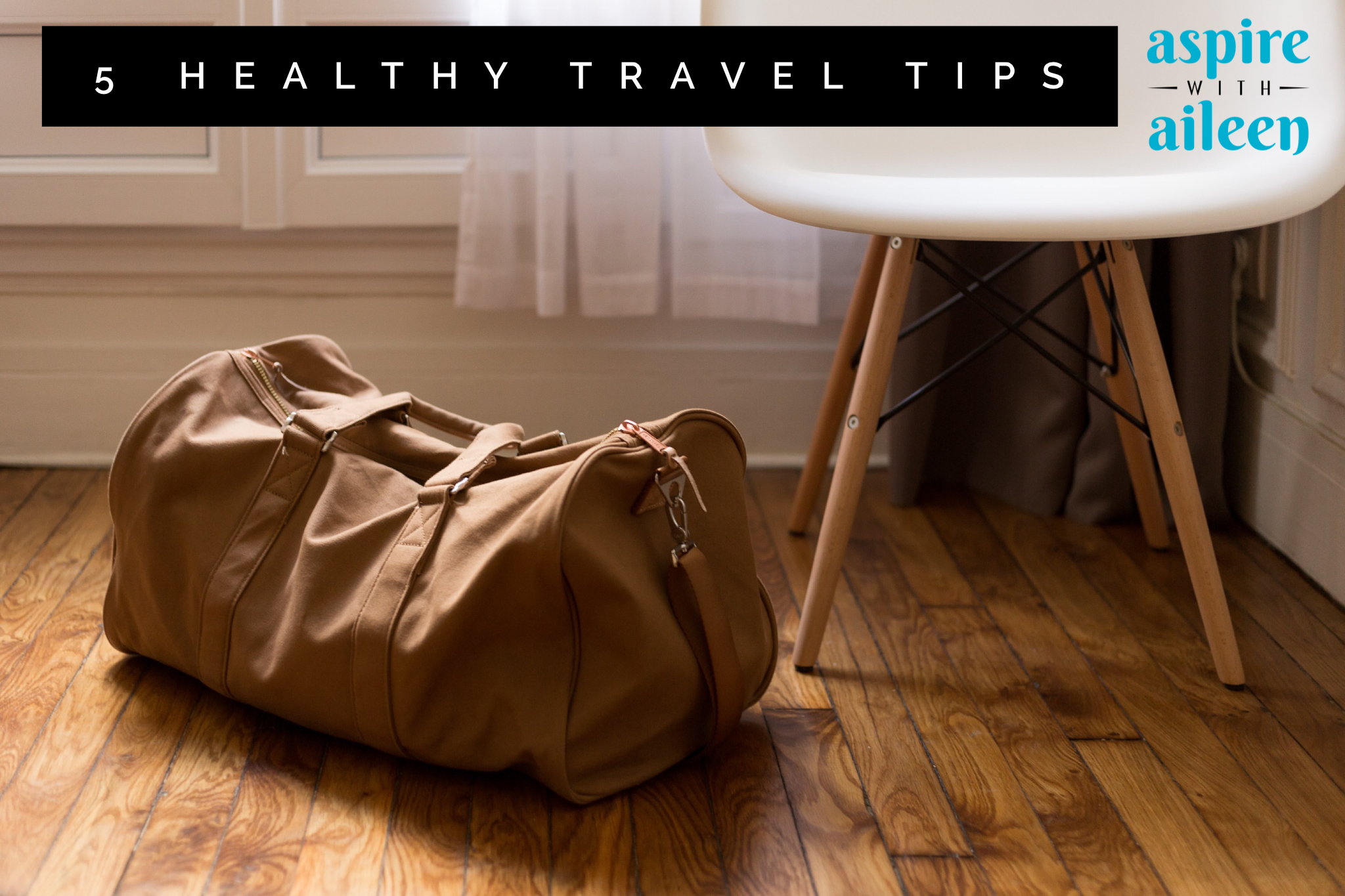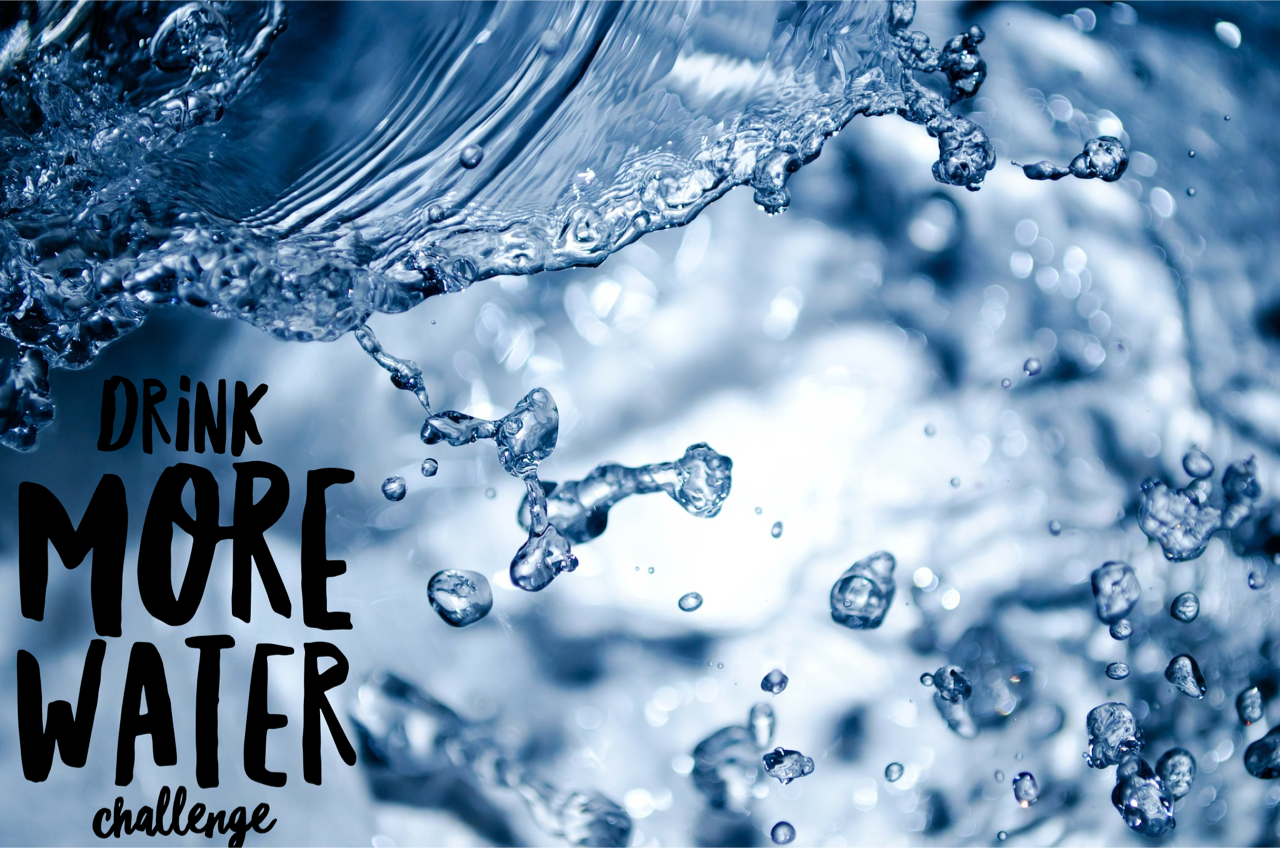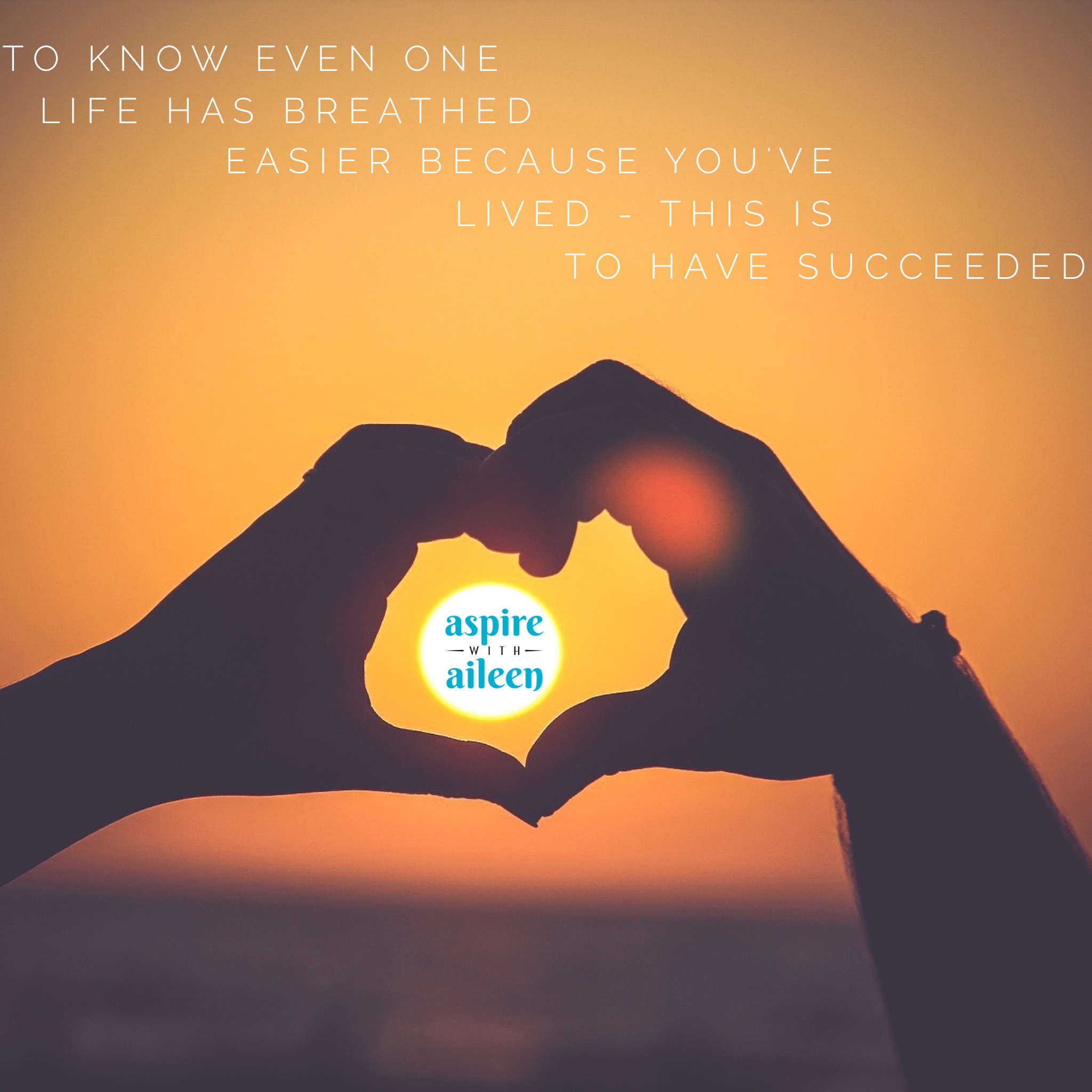Two things that can drain your energy?
Grocery shopping and stressing about spending money (which often go hand in hand!).
One resource that addresses both of these?
Thrive Market.
What is Thrive? It’s a “membership community that uses the power of direct buying to deliver the world’s best healthy food and natural products to our members at wholesale prices, and to sponsor free memberships for low-income American families.”
The way I describe it? Think Whole Foods meets Costco meets Amazon Prime... with a philanthropic mission. They aim to “make healthy living easy and affordable for everyone” and “when you buy a Thrive Market membership, you’re also donating one to a low-income family, teacher, veteran, or student.” You can learn more about how they give back on their site, and if you want a free 30-day trial + 25% off your first order you can sign up here*.
Prices for everything are 25-50% off retail, and while you do pay an annual membership fee of $59.95, most members make back their membership fee in savings within their first 2 orders. I’ve been a member for about 3 years now… and
I saved $3,144 last year alone (!!).
I’ve found that I’m much more efficient when I grocery shop now and dread it less. I’m essentially just buying the produce I need and then I’m outta there, Supermarket Sweep style (if you didn’t grow up watching that show I’m sorry you missed out)!
Below is a breakdown of my typical purchases and the cost savings I see. To note, I’m comparing prices to Whole Foods because it’s the closest store to me that stocks these items.
You may notice less of a price difference compared to where you shop (for example, Wegman’s may have comparable prices, but it may be super far from you, or maybe you need to go to multiple stores when shopping to get all of the items you need).
I factor the time savings and convenience of Thrive into my evaluation of it (I used to send some orders directly to work to stock my snack drawer!), along with the perks of stocking up during sales and leveraging the free gifts they offer too.
Broths/Condiments:
Coconut aminos: 6.99 Whole Foods or 4.99 Thrive = $2.00 savings
Bragg’s Apple Cider Vinegar: 4.39 Whole Foods vs 3.19 Thrive = $1.20 savings
Red Boat Fish Sauce: 8.99 Whole Foods vs 7.49 Thrive = $1.50 savings
Fourth & Heart Grass Fed Original Ghee: 12.99 Whole Foods vs 11.99 Thrive = $1.00 savings
Nutiva Refined Organic Coconut Oil: 11.99 Whole Foods vs 8.99 Thrive = $3.00 savings
Baking:
Bob’s Red Mill Almond Flour: 11.99 Whole Foods vs 8.99 Thrive = $3.00 savings (P.S. my favorite recipe I make with this is the Detoxinista Grain Free Chocolate Chip Cookies!)
Bob’s Red Mill Organic Coconut Flour: 4.99 Whole Foods vs 3.99 Thrive = $1.00 savings
Staples/Snacks:
Epic Performance Bar, Lemon: 22.41 Whole Foods vs 19.99 Thrive = $2.42 savings
Artisana Cashew Butter: 16.99 Whole Foods vs 13.49 Thrive = $3.50 savings
Artisana Raw Tahini: 12.99 Whole Foods vs 7.99 Thrive = $5.00 savings
Purely Elizabeth Grain Free Granola: 6.99 Whole Foods vs 4.94 Thrive = $2.05 savings
Siete Chips: 4.99 Whole Foods vs 4.39 Thrive = $0.60 savings (this adds up when you eat these as much as we do! 😊)
Rao’s Tomato Sauce: 8.99 Whole Foods vs 8.69 Thrive = $.30 savings (I like that I don’t have to lug heavy items like this and stock up my pantry with about 4 at a time)
Banza Chickpea Pasta: 8.99 Whole Foods vs 8.39 Thrive = $0.60 savings
Personal Care Products / House Supplies:
Dr Bronner’s Lavender Castile Soap: 17.98 Whole Foods vs 12.99 Thrive = $4.99 savings (this does go on sale at WF a lot though!)
I also get laundry detergent, dish soap, hand soap, and pregnancy/baby products.
Lastly, back to the gifts! Each order can include a free gift, which you pick from a selection based on how much you’ve spent. They also do deals with certain companies every single week. Some free gifts I’ve gotten over the years: paleo dressings and sauces, protein powders, and a reusable steel water bottle ($32).
As we welcome a baby girl into our family in the next few weeks, and time becomes that much more precious, I imagine that I’m going to love Thrive even more than I already do. I hope it helps make living a healthy life easier for you, too!
If you want to give it a try, click here* for a free 30-day trial membership + 25% off of your first order.
Let me know if you have any questions and happy saving!
*this is an affiliate link: if you become a full member I’ll receive $25 from Thrive as a thank you for spreading the word.



